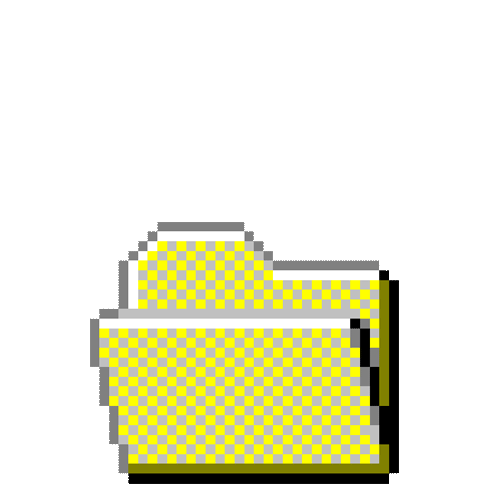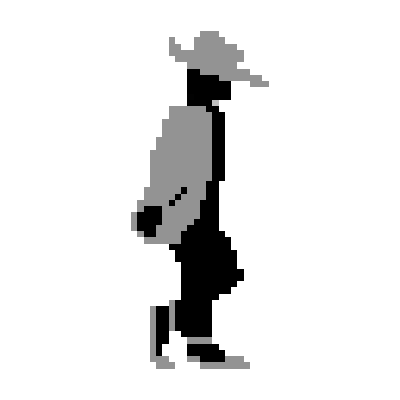https://github.com/Aditya-dom/moonwalk-back
Cover your tracks during Linux Exploitation by leaving zero traces on system logs and filesystem timestamps.
https://github.com/Aditya-dom/moonwalk-back
exploit linux security testing
Last synced: 3 months ago
JSON representation
Cover your tracks during Linux Exploitation by leaving zero traces on system logs and filesystem timestamps.
- Host: GitHub
- URL: https://github.com/Aditya-dom/moonwalk-back
- Owner: Aditya-dom
- License: mit
- Created: 2023-12-27T11:38:28.000Z (over 1 year ago)
- Default Branch: main
- Last Pushed: 2024-03-06T07:22:23.000Z (over 1 year ago)
- Last Synced: 2025-04-05T17:01:39.078Z (3 months ago)
- Topics: exploit, linux, security, testing
- Language: Rust
- Homepage:
- Size: 39.1 KB
- Stars: 62
- Watchers: 3
- Forks: 7
- Open Issues: 0
-
Metadata Files:
- Readme: README.md
- License: LICENSE.md
Awesome Lists containing this project
- awesome-offensive-rust - Moonwalk Back - Cover your tracks during Linux Exploitation by leaving zero traces on system logs and filesystem timestamps. (Projects)
README
moonwalk-back
Cover your tracks during Linux Exploitation / Penetration Testing by leaving zero traces on system logs and filesystem timestamps.


---
## 📖 Table of Contents
- [Introduction](#%E2%84%B9%EF%B8%8F-introduction)
- [Features](#features)
- [Installation](#installation)
- [Usage](#usage)
- [Contribution](#contribution)
- [License](#license)
## ℹ️ Introduction
**moonwalk-back** is a 400 KB single-binary executable that can clear your traces while penetration testing a **Unix** machine. It saves the state of system logs pre-exploitation and reverts that state including the filesystem timestamps post-exploitation leaving zero traces of a _ghost in the shell_.
⚠️ **NOTE:** This tool is open-sourced to assist solely in [**Red Team**](https://en.wikipedia.org/wiki/Red_team) operations and in no means is the author liable for repercussions caused by any prohibited use of this tool. Only make use of this in a machine you have permission to test.
## Features
- **Small Executable:** Get started quickly with a `curl` fetch to your target machine.
- **Fast:** Performs all session commands including logging, trace clearing, and filesystem operations in under 5 milliseconds.
- **Reconnaissance:** To save the state of system logs, `moonwalk-back` finds a world-writable path and saves the session under a dot directory which is removed upon ending the session.
- **Shell History:** Instead of clearing the whole history file, `moonwalk-back` reverts it back to how it was including the invocation of `moonwalk-back`.
- **Filesystem Timestamps:** Hide from the Blue Team by reverting the access/modify timestamps of files back to how it was using the [`GET`](#usage) command.
## Installation
```
$ curl -L https://github.com/aditya-dom/moonwalk-back/releases/download/v1.0.0/moonwalk-back_linux -o moonwalk-back
```
(`AMD x86-64`)
**OR**
Download the executable from [**Releases**](https://github.com/aditya-dom/moonwalk-back/releases) OR Install with `cargo`:
$ cargo install --git https://github.com/aditya-dom/moonwalk-back.git
[Install Rust/Cargo](https://rust-lang.org/tools/install)
## Build From Source
**Prerequisites:**
* [Git](https://git-scm.org/downloads)
* [Rust](https://rust-lang.org/tools/install)
* Cargo (Automatically installed when installing Rust)
* A C linker (Only for Linux, generally comes pre-installed)
```
$ git clone https://github.com/aditya-dom/moonwalk-back.git
$ cd moonwalk-back/
$ cargo build --release
```
The first command clones this repository into your local machine and the last two commands enters the directory and builds the source in release mode.
## Usage

Once you get a shell into the target Unix machine, start a moonwalk session by running this command:
$ moonwalk-back start
While you're doing recon/exploitation and messing with any files, get the `touch` timestamp command of a file beforehand to revert it back after you've accessed/modified it:
$ moonwalk-back get ~/.bash_history
Post-exploitation, clear your traces and close the session with this command:
$ moonwalk-back finish
That's it!
## Contribution
Ways to contribute:
- Suggest a feature
- Report a bug
- Fix something and open a pull request
- Help me document the code
- Spread the word
- Find something I missed which leaves any trace!
## License
Licensed under the MIT License, see LICENSE for more information.